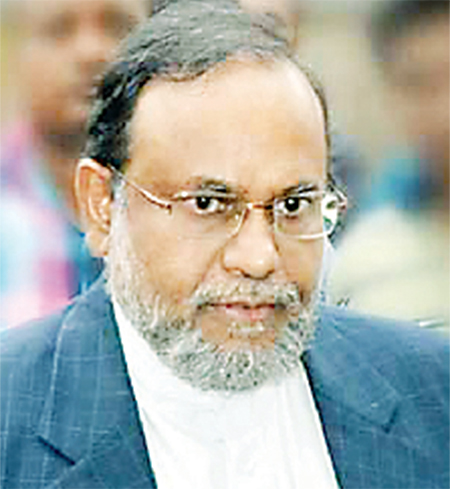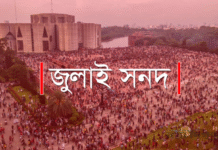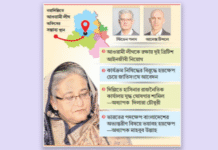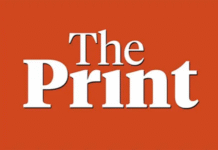The designated investigator will testify against detained war crimes accused Mir Quasem Ali, now a Jamaat-e-Islami policymaker, before the International Crimes Tribunal-2 on April 8 as the last prosecution witness.
After closing the deposition of two seizure-listed prosecution witnesses –PW-21 Kowser Sheikh, book sorter at Chittagong Public Library, and PW-22 Ejabuddin Mian, assistant librarian at Bangla Academy in the capital, prosecutor Zead Al Malum mentioned the date to the tribunal, with the accused in the dock.
The prosecutor said IO ASP Nurul Islam will appear as the last witness (PW-24) on Tuesday (April 8) after recording a brief deposition of the remaining seizure-listed PW-23.
On Sunday both the PWs confirmed the scanned copies of the daily newspaper reports, including Sangram, the mouthpiece of Jamaat-e-Islami, seized by the IO in their presence. The newspaper clippings contain the document of the ‘anti-liberation’ role played by the accused during the Liberation War in 1971 as claimed by the prosecution.
On September 5, 2013, the tribunal indicted Quasem Ali for his involvement in crimes against humanity during the 1971 Liberation War, dismissing his discharge plea.
On May 26, 2013 the tribunal took cognisance of the charges made against Quasem Ali, also chairman of private television channel Diganta (operation now suspended) as it found a strong prima facie case against the accused under subsections 3(2), 4(1) and 4(2) of the International Crimes (Tribunals) Act 1973.
Quasem Ali, the then Chittagong district head of Al Badr, a vigilante group of Jamaat-e-Islami, faces 14 counts of charges of crimes against humanity during the Liberation War.
The charge ‘extortion’ has been included for the first time by the prosecution marking it as crimes against humanity under subsection 3 (2) (a) of the International Crimes (Tribunals) Act 1973.
According to the prosecution, Quasem Ali, also a 1971 front-ranking leader of Islami Chhatra Sangha (ICS), had perpetrated various crimes against humanity like killing, looting, abduction, persecution, genocide, rape, extortion, and setting fire to the houses of unarmed civilians during the Liberation War in collaboration with Pakistan occupation army.
The war-crimes accused had also set up makeshift torture camps at different places in the port city of Chittagong where freedom-loving people were handed down punishment.
On June 17, 2012, plainclothes police arrested Jamaat leader Mir Quasem Ali from the office of the vernacular daily Nayadiganta in the capital hours after the tribunal issued a warrant for his arrest on charges of his alleged crimes against humanity during the 1971 Liberation War.
Source: UNBconnect










